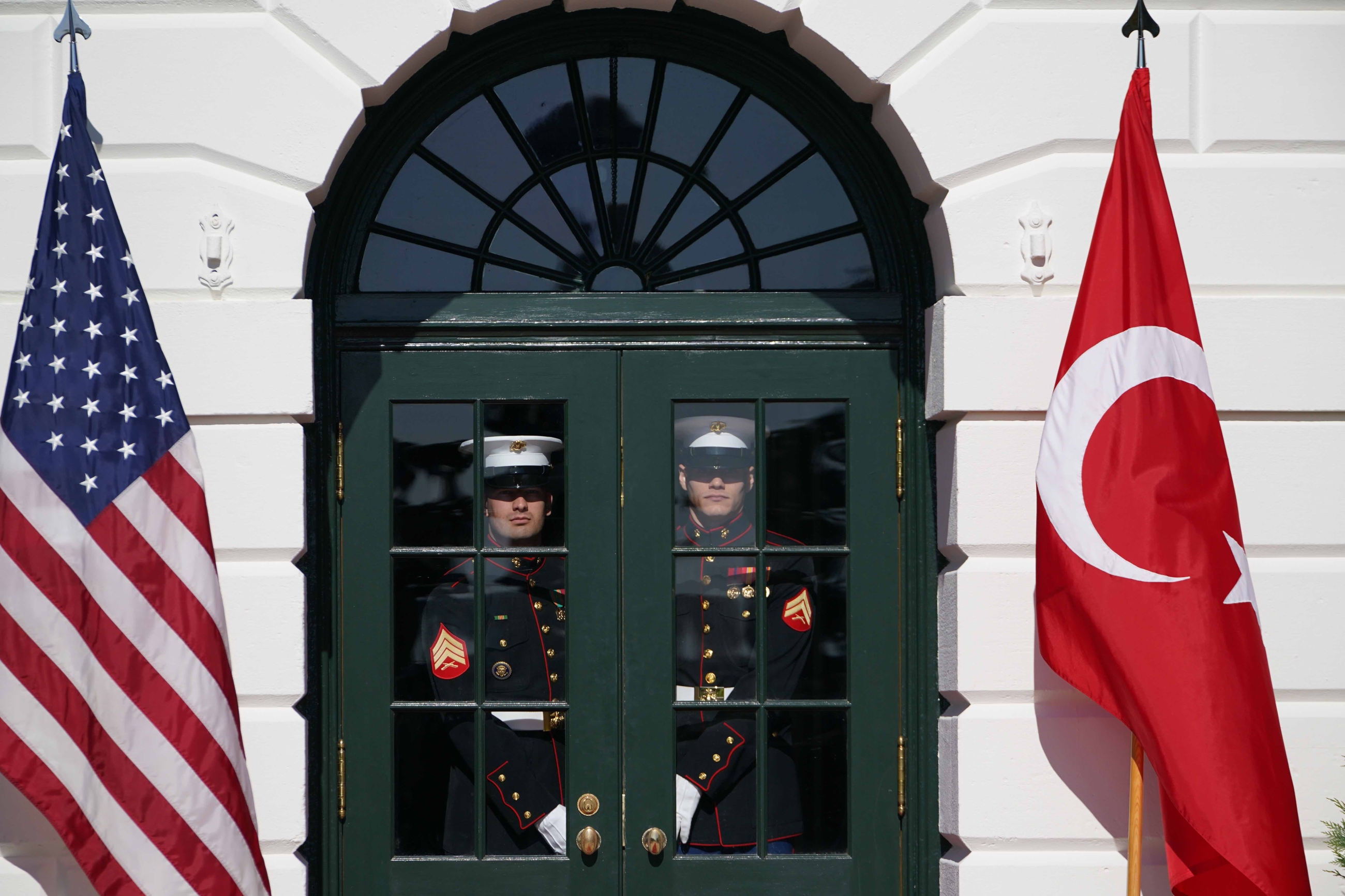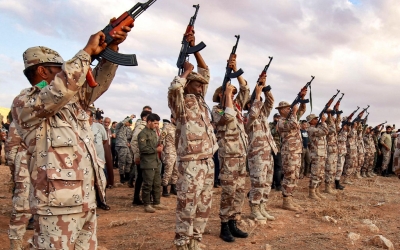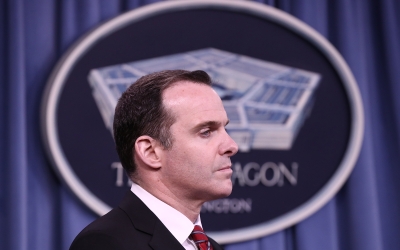Turkish official describes first contact with Biden administration as 'positive'

The US and Turkey agreed to work on establishing "strong" bilateral relations on Tuesday, during the first contact between Washington and Ankara - fifteen days after President Joe Biden's inauguration.
US National Security Advisor Jake Sullivan and Turkey's presidential spokesperson Ibrahim Kalin held a one-hour-long phone call in which they discussed bilateral and regional issues, including the conflicts in Syria and Libya, Turkey's dispute with Greece in the eastern Mediterranean, Cyprus, and Azerbaijan's war with Armenia over Nagorno-Karabakh.
A statement released by the Turkish presidency said both sides agreed to maintain close contact and utilise dialogue mechanisms.
"It was expressed that a joint effort needed to resolve the issues with a new perspective in the areas of disagreement between the two countries, such as S-400, F-35, and YPG," the statement said.
Turkey acquired Russian-made S-400 missile defence systems last year despite warnings from the US and Nato that the purchase would see Ankara ejected from the F-35 stealth fighter jet programme and potentially exposed to damaging sanctions.
Washington has already suspended Turkey from the F-35 programme, barring it from buying the advanced jets and from making any of its parts.
The two countries have also been at odds over the YPG, a group Ankara sees as an extension of the outlawed Kurdistan Workers' Party (PKK), which has waged an insurgency against the Turkish state since 1984.
The PKK is blacklisted as a terror group by Ankara and its western allies.
In a brief statement, NSC spokesperson Emily Horne said Sullivan conveyed Washington's "concern that Turkey's acquisition of the Russian S-400 surface-to-air missile system undermines alliance cohesion and effectiveness".
The phone call was noteworthy because the Turkish government was among the US's last allies to congratulate Biden over his November election victory. In return, Biden gave a cold shoulder to Erdogan's request for a congratulatory call before he assumed office last month.
Both Biden and Secretary of State Antony Blinken had avoided holding phone calls with their Turkish counterparts since the inauguration.
Strengthening US-Turkish ties
One Turkish official, speaking on condition of anonymity, told Middle East Eye that Sullivan and Kalin held a "positive" and comprehensive call.
"They agreed to minimise the disagreements over bilateral and regional issues and strengthen the joint interests and perspective," the official said. "Sullivan reminded [Kalin] that Biden had visited Turkey four times in the past and is well-acquainted with Erdogan. He also expressed Biden's willingness to work closely with Erdogan."
The official added that Sullivan was aware of Turkey's importance. "Kalin and Sullivan will be in close contact and schedule a phone call between Erdogan and Biden in coming days," the official said.
The phone call came as a relief for Turkish officials who have been concerned by the possible path that the new administration could take.
Just last week, a phone call readout by the White House described "China and Turkey" as a mutual concern for both the US and European Union.
Sullivan had previously called on Washington to adopt a tough stance on Turkey over its Syria policy.
Biden too had his own issues with Erdogan, particularly when Turkey staged an offensive in October 2019 against US-backed Kurds in Syria.
"Turkey is the real problem here," Biden said at the time, during a televised Democratic Party debate. "And I would be having a real lockdown conversation with Erdogan and letting him know that he's going to pay a heavy price for what he has done now. Pay that price."
Middle East Eye delivers independent and unrivalled coverage and analysis of the Middle East, North Africa and beyond. To learn more about republishing this content and the associated fees, please fill out this form. More about MEE can be found here.



